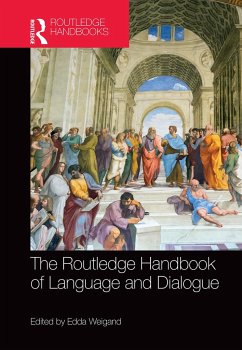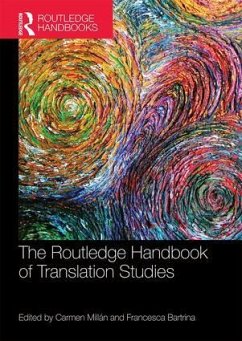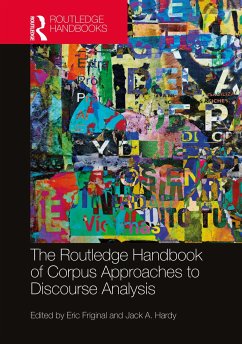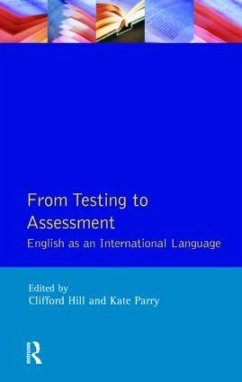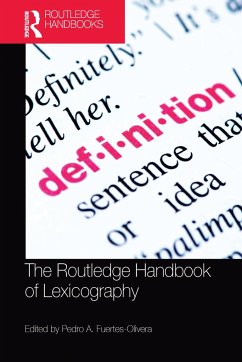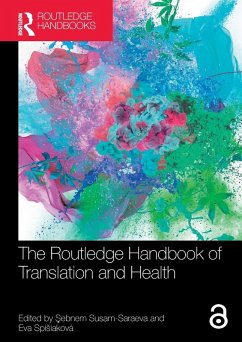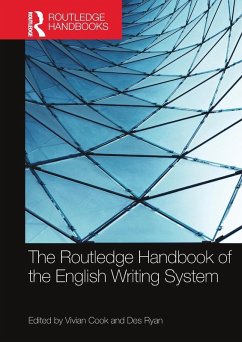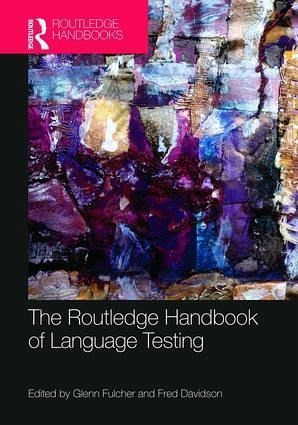
The Routledge Handbook of Language Testing
Versandkostenfrei!
Versandfertig in 1-2 Wochen
78,99 €
inkl. MwSt.

PAYBACK Punkte
39 °P sammeln!
Winner of the SAGE/ILTA Book Award 2016 The Routledge Handbook of Language Testing will provide a comprehensive account of the area of language assessment and testing. Written by leading specialists from around the world, this volume brings together approximately 35 authoritative articles (around 8000 words each). The proposed outline for the Handbook (below) is divided into ten sections. The section titles reflect the contents of their Language Testing and Assessment -textbook in our RAL series and sketch a useful overview of the discipline. Each chapter has been carefully selected to relate ...
Winner of the SAGE/ILTA Book Award 2016 The Routledge Handbook of Language Testing will provide a comprehensive account of the area of language assessment and testing. Written by leading specialists from around the world, this volume brings together approximately 35 authoritative articles (around 8000 words each). The proposed outline for the Handbook (below) is divided into ten sections. The section titles reflect the contents of their Language Testing and Assessment -textbook in our RAL series and sketch a useful overview of the discipline. Each chapter has been carefully selected to relate to key issues raised in the respective topic, providing additional historical background, critical discussion, reviews of key research methods, and an assessment of what the future might hold. ¿





